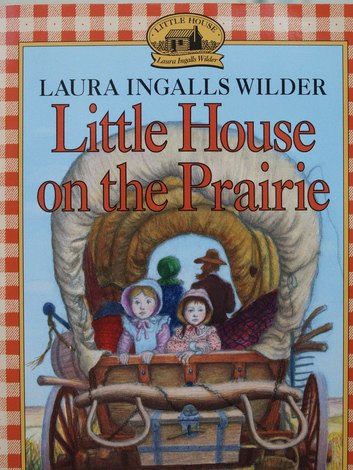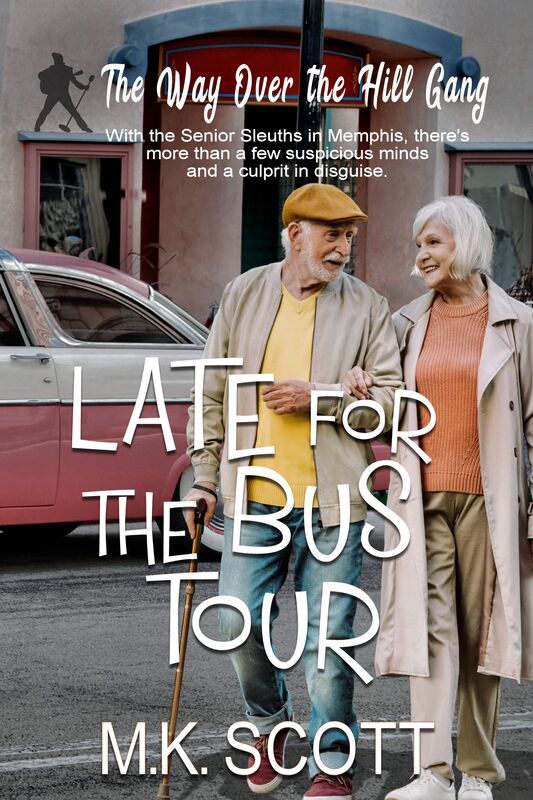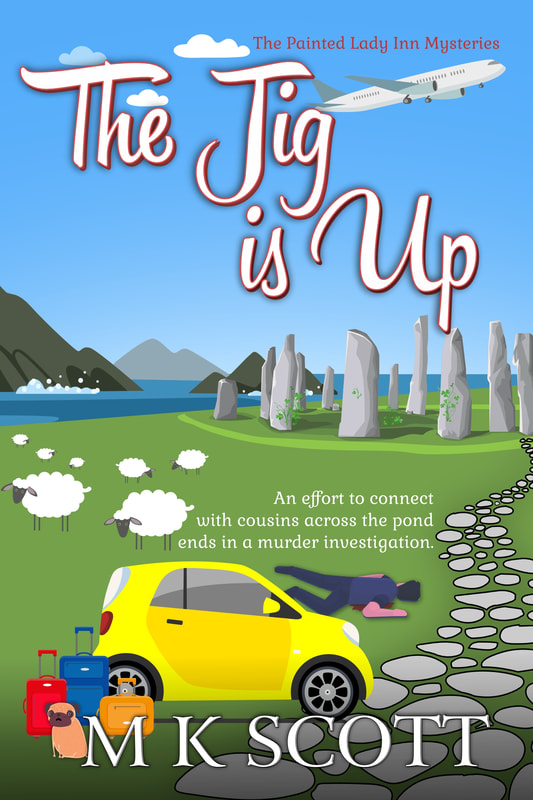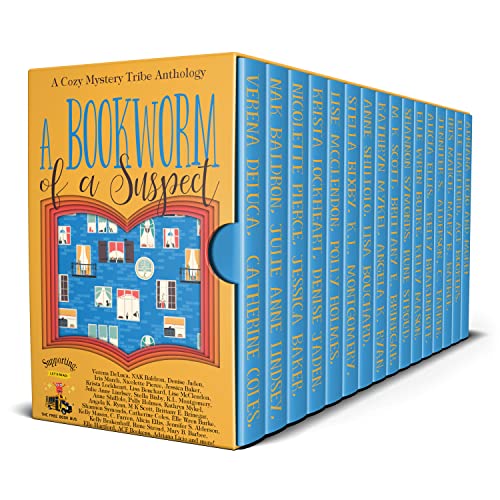Too often, we assume everyone is just like us or even that our grandparents live similar lives to ours. Books capture the culture of that time. Sister Carrie tells us the desperate plight of an Indiana farm girl who headed to the big city at the turn of the century. While it is a depressing tale, it makes me understand why my grandmother would agree to an arranged marriage.
One library I visited recently was throwing out The Little House on the Prairie series due to the father being prejudiced against Native Americans. Many people were in that time period. Would it be better to misrepresent the entire time period? I’m not sure how that would be beneficial to anyone. I do understand teachers avoiding books that could be controversial in an effort not to offend anyone.
There were hundreds of books the librarian was discarding. She urged the children to pick one book, often they picked none. Most had never developed the habit of reading. Not sure, why they would when the librarian picked books meant to offend no one. These boringly bland books had no conflict or any entertainment value for that matter.
Along these lines, any book containing violence is often dismissed as appropriate reading material. Both the Grapes of Wrath and Of Mice and Men were dismissed from some school reading lists because of the violent and depressing nature of the tales. Neither story was as violent as popular video games or movies. The complex tales showed how human emotion was often manipulated by the savvier person. This information could benefit almost anyone. The stories often detailed struggles and the ability to overcome. This peek outside the land of entitlement would be mind broadening to say the least.
Often books are banned because someone doesn’t agree with the subject matter. I remember when in seventh grade, a book asserting females were just as good as males was pulled from the library shelves. Luckily, I had read it before it was removed.
Besides certain people not liking a book, standardized testing plays a big part in what books the school library stocks. Everyone knows that schools teach to the test, but few people realize library funds go to buy books appropriate for the test. Two hundred poetry books crowd the shelves because the test includes a poetry unit. There are dozens of books on Greek Mythology because that too is on the test. Brand new books on Native American and Jewish mythology sit in the discarded book box.
When I ask about the books, I’m told they’re underused. That’s probably true. It would be hard for the students to know about books never mentioned by the librarian or shown in class. As for the classics, well, I guess that goes back to what the librarian prefers. While one primary school librarian is chucking folktales, another is showcasing them.
What is your feeling about reading the older classic novels?





 RSS Feed
RSS Feed
